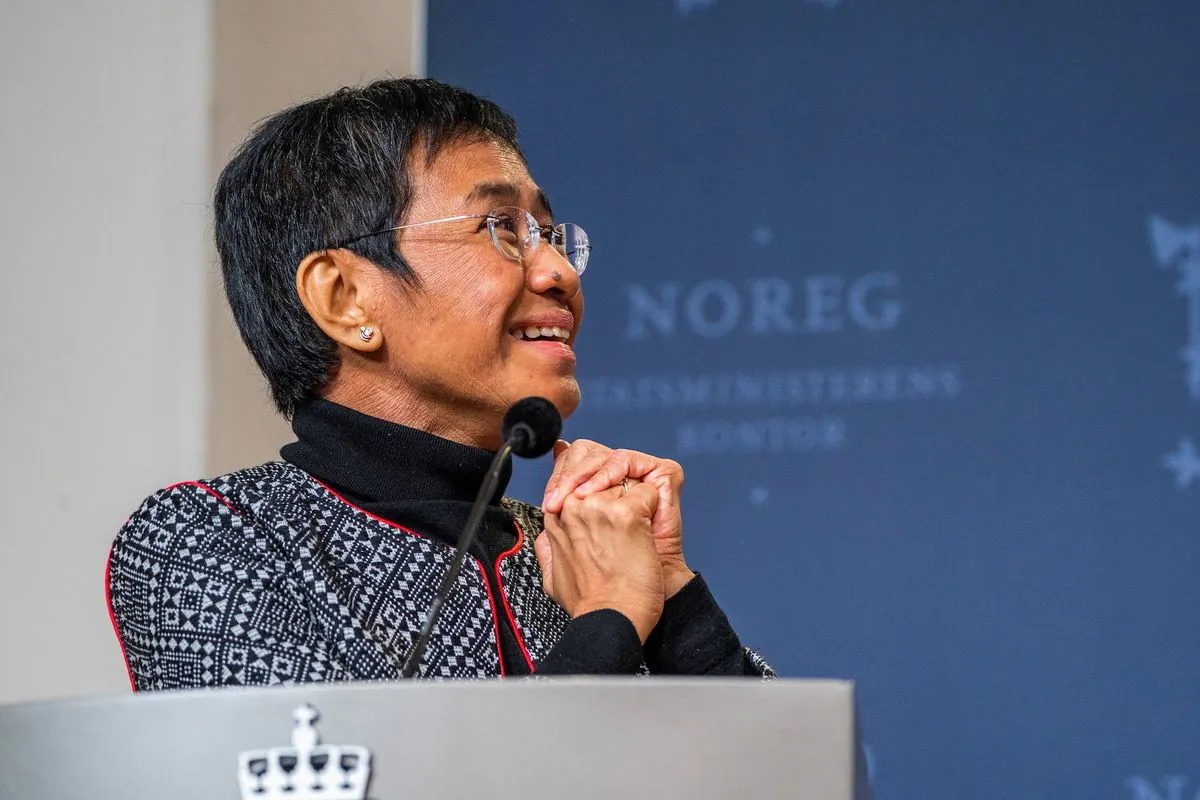In a significant development for press freedom in the Philippines, the Court of Appeals has overturned a 2018 shutdown order against Rappler, a prominent online news agency. The decision, made public on August 9, 2024, directs the Securities and Exchange Commission (SEC) to reinstate Rappler's certificates of incorporation.
This ruling represents a major legal victory for journalists who faced challenges during the administration of former President Rodrigo Duterte. Rappler, founded by Maria Ressa, the first Filipino Nobel Peace Prize laureate, had been a target of government scrutiny due to its critical reporting on Duterte's controversial policies, particularly his "War on Drugs" campaign.
The case against Rappler stemmed from allegations that it violated constitutional restrictions on foreign media ownership. The news outlet received funds through Philippine Depositary Receipts (PDRs) from the Omidyar Network, a philanthropic organization established by Pierre Omidyar, the founder of eBay. The government claimed this arrangement granted Omidyar some control over Rappler, an assertion the news agency vehemently denied.
In its ruling, the court stated that the 2018 shutdown order was issued "with grave abuse of discretion, contravening established procedures, jurisprudential and legal instructions, and clear intent of the constitution." This decision underscores the importance of due process and constitutional protections for media organizations in the Philippines.
The Rappler case is part of a broader context of press freedom challenges in the country. In 2020, ABS-CBN, then the largest TV network in the Philippines, was forced to cease operations after Congress refused to renew its broadcasting license. This action was widely seen as politically motivated, given the network's critical coverage of the Duterte administration.
The Philippines has long been considered one of the most dangerous places for journalists globally. The country ranks consistently low in global press freedom indices, reflecting the numerous challenges faced by media practitioners. The most notorious incident in recent history was the Maguindanao massacre in 2009, where 58 people, including 32 journalists, were killed in a single attack.
"This decision is not just a victory for Rappler but for all Filipino journalists who continue to shine the light amidst darkness. It reaffirms our faith in the judicial system and the power of truth in the face of intimidation."
While this court decision marks a positive step for press freedom in the Philippines, challenges remain. The country's complex media landscape, influenced by political pressures and security concerns, continues to pose risks to journalists. However, the ruling in favor of Rappler sends a strong message about the importance of independent journalism and the role of the courts in protecting constitutional rights.
As the Philippines moves forward, the resilience of its press will be crucial in maintaining a healthy democracy. The Rappler case serves as a reminder of the ongoing struggle for press freedom and the vital role of journalists in holding power to account.
